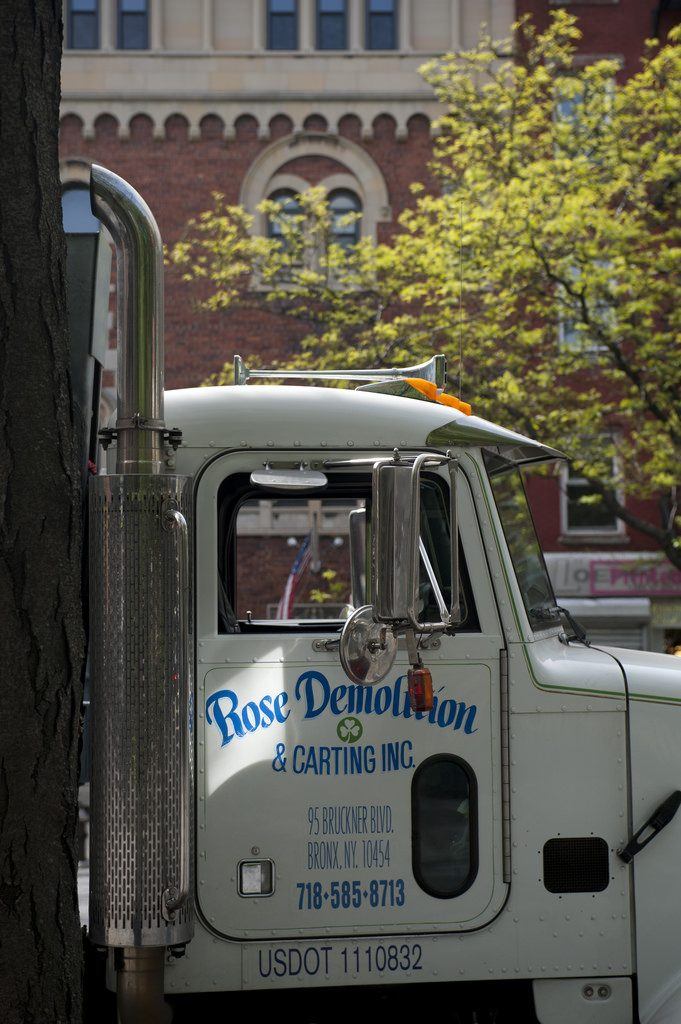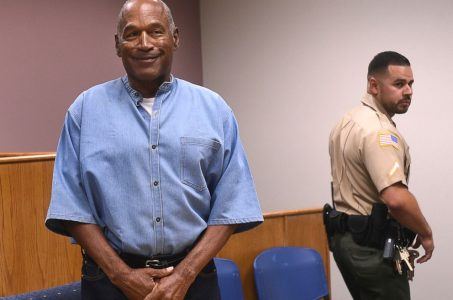Timothy Doheny Suing to Throw Out Trashy Past of Sports Gambling Involvement
Posted on: April 9, 2017, 12:20h.
Last updated on: April 9, 2017, 12:20h.
It was 20 years ago, but for Timothy Doheny the past has come back for a reunion, and he may well lose his business if he doesn’t win a lawsuit he filed in Manhattan, New York Supreme Court.

The businessman co-owns a company called Rose Demolition and Carting, that removes construction and demolition debris, and when he filed paperwork to the Business Integrity Commission (BIC) for renewal of its license, a problem arose. Though people are softening their opinion of sports betting, connections with the illegal activity and relations with organized crime are still treated seriously.
“Were you arrested in 1997?” a BIC employee asked him in an interview, according to papers. “My God. Was I arrested? I’m not sure if I was. There was an incident in 1995 but I don’t know if I was technically ever arrested,” he replied.
Turns out the worker already knew the answer and a routine business license renewal was about to get a lot more complicated.
Cloudy Memory
Twenty years ago the then resident of Newton, Mass. was ensnared in a gambling ring that involved students and football players at Boston College, as well as organized crime figures.
Eight BC students allegedly worked as bookmakers and 13 members of the football team made wagers, including on their own team. Officials were concerned about the players affecting the outcome of games they participated in, but unlike the 1979 point-shaving scandal that involved members of the basketball team, they were cleared of that suspicion.
Doheny reportedly made payoffs and collected on bets, passing them on to his boss. He was charged of organizing and promoting gambling and conspiring to organize and promote gambling. He pleaded guilty to two felony counts of organizing or promoting gambling and was given a suspended 18-month sentence.
Fighting for License
He remains defiant however, that his criminal record should not be used against him, and his business remain intact. The watchdog group was formed in 1996 to crackdown on organized crime in New York’s sanitation industry.
“It is incredibly upsetting to me that the BIC is going to shut down a family business that has been in operation for 20 years and put 70 people out of work because of misunderstandings and confusion,” Doheny says in the suit.
But not only was that prior transgression brought up by the BIC, but in 2013 he forgot to mention he was charged with filing a false instrument in connection with “unreported cash payrolls and falsified tax returns” between 2007 and 2011. The company paid $443,927 in back taxes and forfeited $200,000.
No trial date has been set for the lawsuit, but a judge did say it would be reviewed.
Related News Articles
Most Popular
Tropicana Las Vegas to be Imploded, Tentative Date Set
VEGAS MYTHS BUSTED: Golden Gate is the Oldest Casino in Vegas
Most Commented
-
End of the Line for Las Vegas Monorail
— April 5, 2024 — 90 Comments -
Mega Millions Reportedly Mulling Substantial Ticket Price Increase
— April 16, 2024 — 6 Comments















Last Comment ( 1 )
Karma. Tim Doheny is a master manipulator.